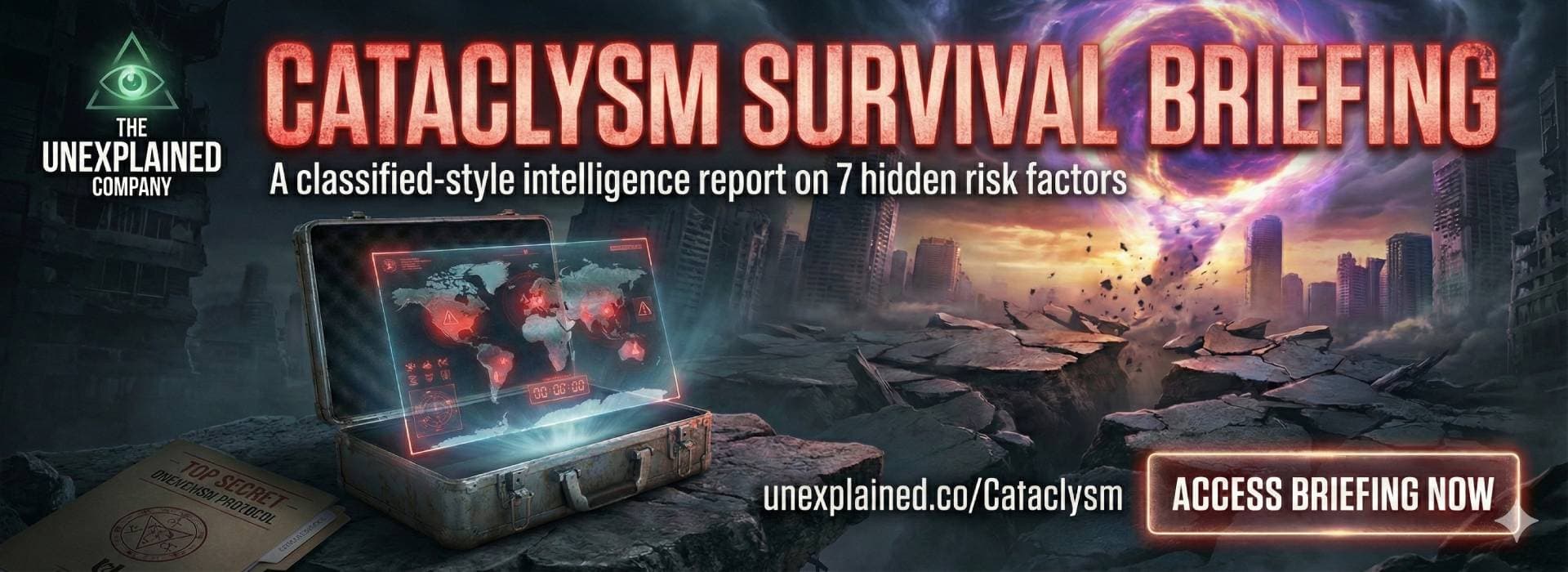1. A Novel Meant as a Mirror, Not a Crystal Ball
When Nineteen Eighty-Four hit shelves in 1949, reviewers labeled it bleak satire. Orwell drew from Stalinist Russia, Nazi Germany, and wartime London to create a warning, not a prophecy. The text endures because it clarifies the present tense better than countless papers. According to archival notes, Orwell feared a society where language, memory, and desire bend to power. Seven decades later, these tools thrive behind friendly icons and loyalty programs.
2. Telescreens Downsize Into Pocket Guardians
Winston Smith dreaded wall-mounted telescreens that watched him shave. He never met the smartphone—an even craftier sentinel we charge beside our beds. Municipal contract ledgers unearthed through public searches show small-town police forces renting cell-site simulators for festivals. The box tricks devices into sharing location and identity, no warrant necessary.
This shift from battlefield tech to weekend crowd control echoes patterns privacy analysts traced in independent field notes. In Orwell’s London, you could evade a telescreen by hiding in a prole pub. Today, Bluetooth beacons at the jukebox log your choice of stool.
3. Thoughtcrime Upgraded to Predictive Models
The Party jailed citizens for gestures hinting at dissent. Modern regimes and corporations calculate potential dissent instead. Predictive-policing suites score neighborhoods using historic arrest heat maps, reflecting older inequalities. Residents with failing infrastructure receive police visits before the first 911 call. Researchers cataloging algorithmic bias through open repositories note feedback loops as grim as anything in Orwell’s Ministry of Love.
Stakes surface whenever cities test “pre-crime” ordinances. One pilot coincided with increased drone patrols, chronicled by reporters who dissected surveillance creep in another investigative dispatch. The recursion feels familiar: data justify oversight, oversight generates more data, locking society in a predictive embrace.
4. Newspeak Morphs Into Algorithmic Language Shrinkage
Orwell coined Newspeak as a tool to reduce thought diversity. Social platforms achieve similar results by rewarding catchy minimalism and punishing nuance. A linguistic audit spanning two billion posts, referenced through peer-reviewed compilations, shows average sentence length on major sites dropped nearly 25 percent in ten years.
Creators adapt to survive. They strip qualifiers, flatten context, and chase algorithmic favor. Terms like “doubleplusgood” become memes; critical discourse fades. This contraction alarms memory-keepers already battling link rot, power outages, and silent deletions—issues mapped in energy resilience briefings. When words shrink, ideas vanish.
5. The Ministry of Truth Enters the Cloud
Winston’s job involved tossing censored articles into memory holes. Today, terms-of-service updates can vaporize entire libraries. Streaming services swap politically sensitive episodes overnight; e-book vendors patch paragraphs without notice. Few users store local copies. Without offline backups, yesterday’s statement becomes tomorrow’s conspiracy theory.
Government archives fare little better. Budget cuts force agencies to decommission servers, creating broken links where reports once lived. Activists respond with mirror sites, torrents, and on-chain hashes—digital samizdat echoing Winston’s handwritten diary. Their efforts highlight that history depends on unpaid custodians, not grand institutions.
6. Endless Emergency as Governance Template
The Party sustained obedience through perpetual war; our era cycles through crises—from health alerts to cybersecurity meltdowns. Each scare green-lights new powers, rarely sunsetted when calm returns. During an overseas standoff, lawmakers slipped blanket geolocation warrants into a must-pass funding bill, a maneuver noted by regional analysts analyzing escalation dynamics at another frontline brief. Citizens, exhausted by alerts, accept the trade: liberty now for promised safety tomorrow.
7. Resistance: From Winston’s Diary to Encrypted Mesh Networks
Orwell left Winston broken to shock readers into vigilance, not despair. Today, civil-liberty groups wield stronger tools than an ink pen and a dusty alcove:
Offline Literacy – Print zines, seed libraries, and independent bookstores keep dissent tangible. Paper resists deletion and DRM alike.
Encryption by Default – End-to-end messaging, onion routing, and hardware keys render bulk interception costly. Even mass-surveillance budgets have limits.
Mesh Networks – Community routers create fallback internet when ISPs or states throttle content. Grassroots technicians, inspired by open-source case studies like those in emerging tech briefings, distribute how-to kits for disaster zones.
Algorithmic Literacy – High-school curricula now teach model auditing so teenagers recognize when a feed manipulates attention. Education arms future Winstons.
8. Memory, Truth, and the Human Firewall
The Party feared uncontrolled memory. Oral historians, family photo albums, and local newspapers still offer decentralized truth storage. Community elders recall events firsthand, anchoring timelines that digital sources may rewrite. Cultural festivals preserve vernacular phrases that Newspeak can’t suppress. The most secure archive is a mind willing to speak up.
9. Where We Stand—And How We Step Forward
Unlike Orwell’s London, our world has competing powers, open networks, and citizens armed with encryption. Yet convenience, apathy, and fear nudge society toward the cliff Winston faced. Vigilance must scale with technology.
That requires policy transparency, open-source oversight, and a cultural commitment to question euphemisms. The next time an app offers seamless access for “diagnostic data,” recall that Orwell predicted a similar bargain—only his citizens never clicked “decline.”
Stay curious, store your own copies, learn to spot doublethink in push notifications, and share offline whenever possible. If Big Brother looms, he stands behind code we can inspect—if we bother to look.
For additional uncensored analyses, bookmark Unexplained.co before another algorithm decides you shouldn’t.





